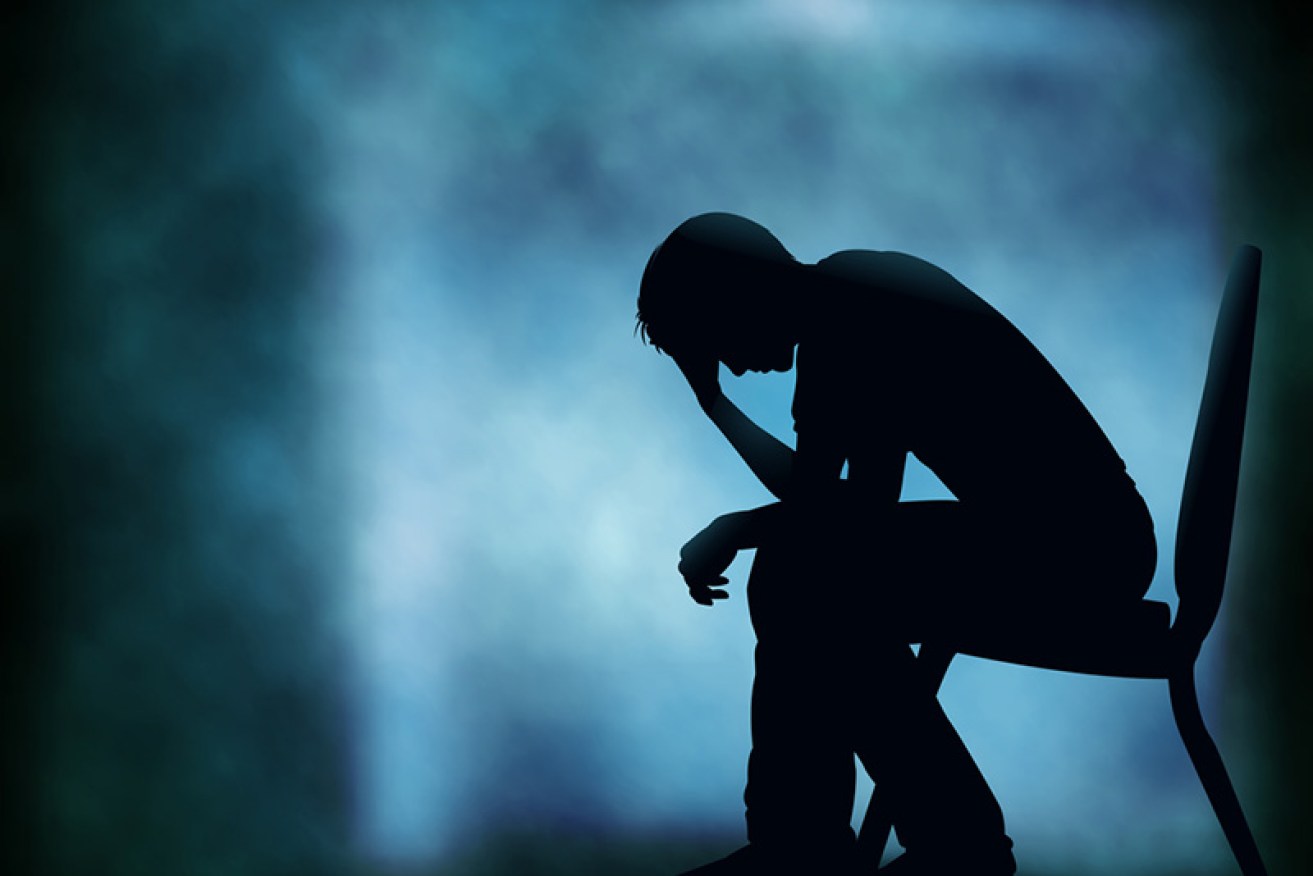Loneliness leads to faster death, study finds


Experts have called for an end to seclusion and coercion practices in mental health settings. Photo: Shutterstock
The “bliss of solitude” of Wordsworth may in fact be deadly.
A new study has shown that true social isolation and loneliness increase the likelihood of early death by 30 per cent.
Rather than dancing with daffodils, as Wordsworth prefers in ‘I Wandered Lonely as a Cloud’, lonely people are more likely to be pushing up daisies.
“Being socially connected is not only influential for psychological and emotional well-being but it also has a significant and positive influence on physical well-being,” the study states.
• Diet soft drinks linked to increased belly fat
• Store-bought salmon is not the colour you think
But as the study also suggests, there is truth to the saying you could be lonely in a crowded room.
The Brigham Young University researchers define loneliness as a physical disconnectedness but also the “dissatisfaction with the discrepancy between desired and actual social relationships”.
Social isolation brings a 29 per cent rise in early death, loneliness a 26 per cent rise, and living alone brings a 32 per cent rise.
The study found that gender and world region had no effect on the results but a subjects initial health status did.
“Results also differ across participant age, with social deficits being more predictive of death in samples with an average age younger than 65 years,” the study abstract states.
“It is presently unclear whether the deleterious effects of social deficits outweigh the salubrious effects of social connections.”
The study defines social isolation as “Living alone, having few social network ties, and having infrequent social contact” and loneliness is “the perception of social isolation, or the subjective experience of being lonely”.
As they were conducting a meta-analysis, researchers reviewed other studies released between January 1980 and February 2014 on five medical journal databases.
They also trawled the reference sections of past reviews and studies that were included in the research.








